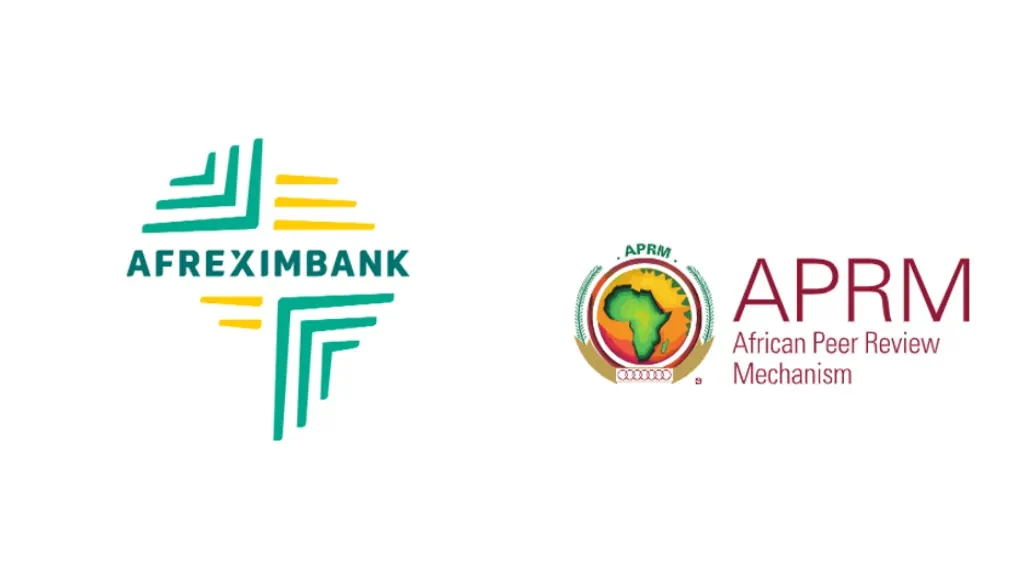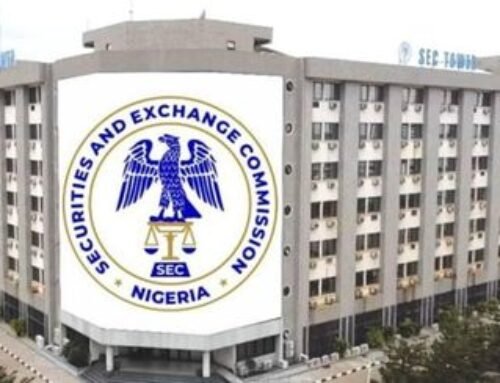
The recent credit rating downgrade of the African Export-Import Bank (Afreximbank) has prompted a formal response from the African Peer Review Mechanism (APRM), which challenged the rationale behind the decision and called for more context-sensitive evaluation methods tailored to Africa’s institutional landscape. However, this response has also drawn criticism, with some analysts highlighting inconsistencies in the APRM’s defence and urging for more balanced engagement.
The downgrade was attributed to a higher-than-expected Non-Performing Loan (NPL) ratio, estimated at 7.1%, largely driven by Sovereign exposures to Ghana, South Sudan, and Zambia. Afreximbank, however, reports a significantly lower NPL figure of 2.44% in its own disclosures, asserting that its loans to these countries are backed by intergovernmental agreements under a multilateral treaty signed by 53 African states—many of whom are shareholders in the Bank.
The APRM questioned the classification of these sovereign loans as non-performing, emphasising that Afreximbank’s lending is governed by legal arrangements that differ substantially from commercial norms. According to the APRM, no formal defaults have occurred, and sovereign borrowers have not repudiated their obligations. Furthermore, the Bank is prohibited by its treaty-based mandate from participating in sovereign debt restructurings, a point it underscored in a recent public statement reaffirming its financial strength and risk management framework.
However, not all observers are convinced by the APRM’s stance. Some have pointed out that if the legal protections and shareholder alignment that the APRM highlights were as ironclad as claimed, Afreximbank should, in theory, be rated AAA. “Everything else is shades of grey where reasonable people can disagree,” Moritz Kraemer, a veteran sovereign risk analyst, noted, arguing that the inconsistencies lie more with the APRM’s portrayal than with the rating agency’s judgement.
Kraemer also criticised what he sees as a “Pavlovian instinct” by some African institutions to treat every adverse rating action as evidence of systemic bias. He suggested that such reactions risk isolating these institutions from constructive dialogue with rating agencies and the broader investment community.
The APRM, meanwhile, reiterated its call for deeper technical engagement between rating agencies and African financial bodies, insisting that sovereign lending models on the continent require better understanding and tailored assessment tools.
The disagreement underscores broader tensions over how African financial institutions are evaluated by global rating agencies and whether existing frameworks sufficiently account for the legal and operational realities specific to the region. While both sides agree on the importance of transparency and dialogue, the debate highlights the ongoing challenge of bridging gaps in perception, methodology, and trust.








Leave A Comment